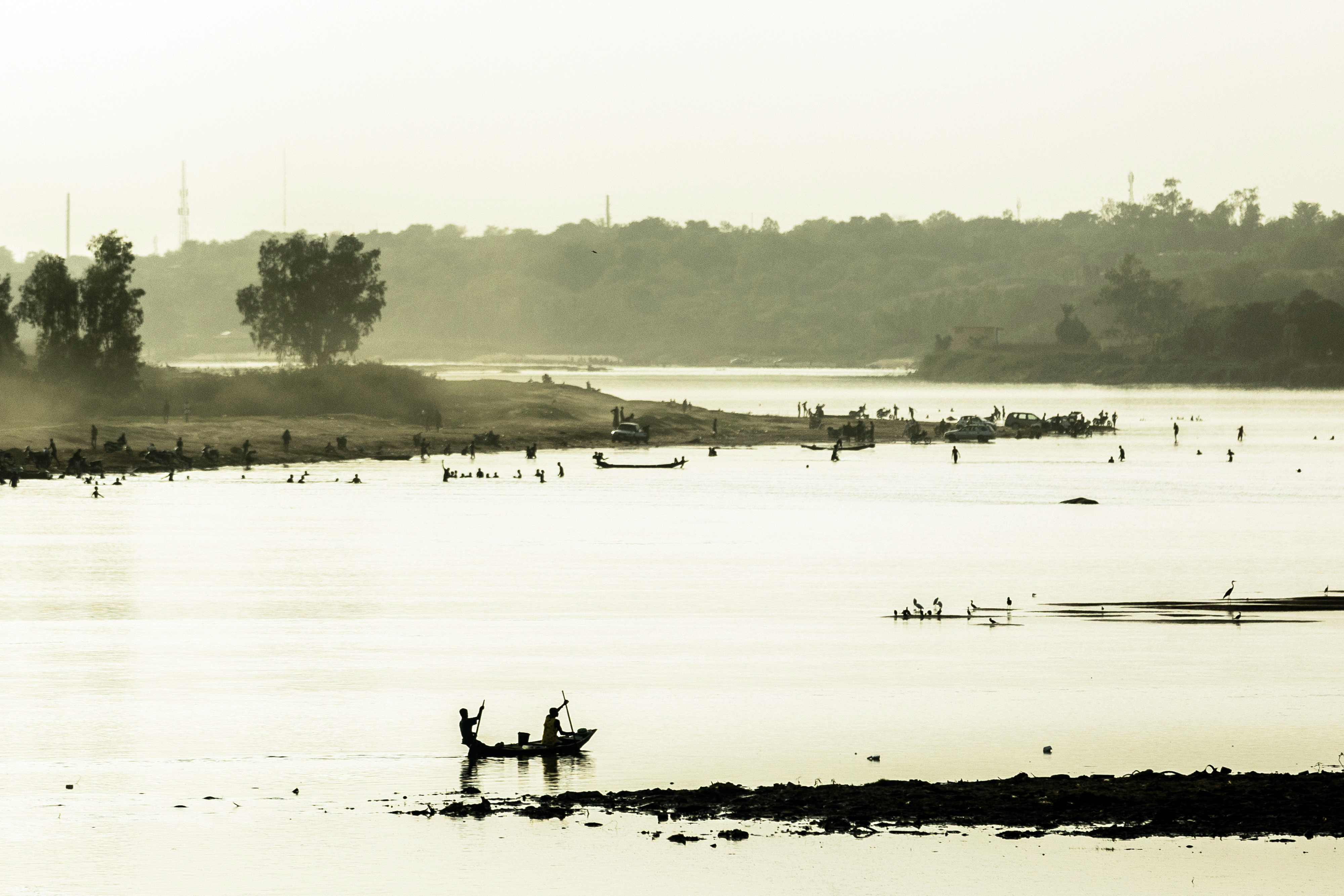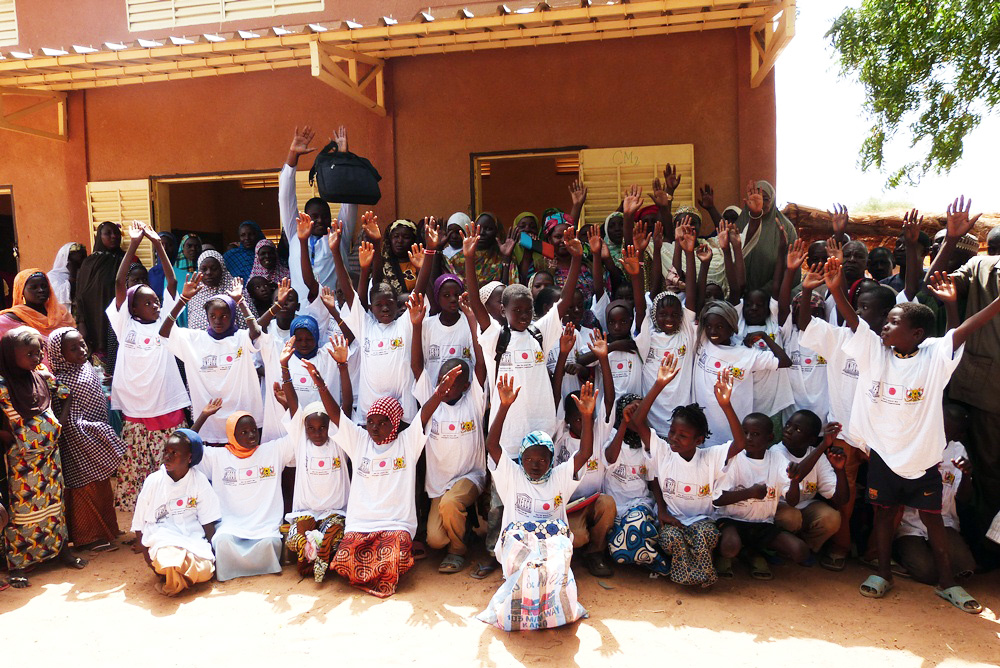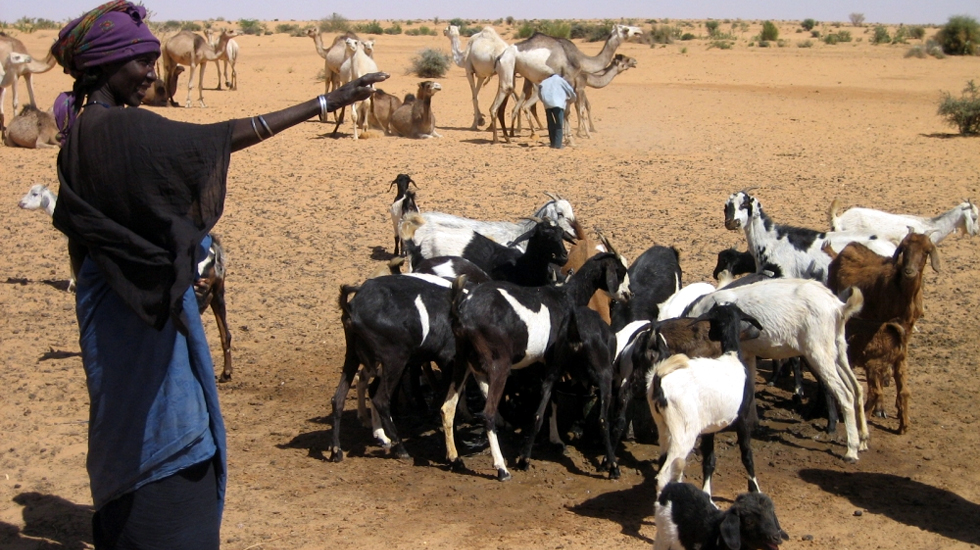Social situation Great poverty
View of the Niger river in Niamey
Strong population growth
Sustainable development progress is massively hampered by the extremely high rate of population growth of about 3.8 per cent a year. Between 2002 and 2021, the population doubled, going from 12 million inhabitants to 25 million. The country’s economic achievements are not enough to provide good opportunities for the future for the young population that is growing so rapidly. Each year about 400,000 more young people need jobs, services and food.
According to World Bank data, almost a third of children under the age of five are underweight. More than 63 per cent of adults are illiterate (as at 2021), and this figure is significantly higher among women. Rural areas in particular suffer from a lack of schools and qualified teaching staff. School enrolment rates have increased steadily in the last decade. But roughly one third of schoolchildren drop out before having completed six years of primary school.
Participants in a pilot project to improve educational opportunities for girls in the Torodi region of Niger
Barely half of the population has access to clean drinking water, and only about 16 per cent has adequate sanitation.
Between 2018 and 2020, the Niger invested almost 5.7 per cent of its gross domestic product in its healthcare sector, but healthcare nevertheless remains inadequate.
Despite a sharp reduction in infant mortality as a result of targeted vaccination campaigns, in 2021, 115 out of every 1,000 children were still dying before they reached the age of five. At 61 years, average life expectancy is low (compared to 81 years in Germany).
Human rights
Women with goats and camels in Makanga
The Niger has ratified all the important international human rights conventions. Basic civil rights are also laid down in the country’s constitution. However, there are many areas where national legislation has yet to catch up with these commitments.
Women are underrepresented in both politics and civil society organisations in the Niger. They are socially and economically disadvantaged, for example as regards access to education or earning their own money. In the Niger, the majority of girls are married while they are still underage.
As at: 05/05/2023


